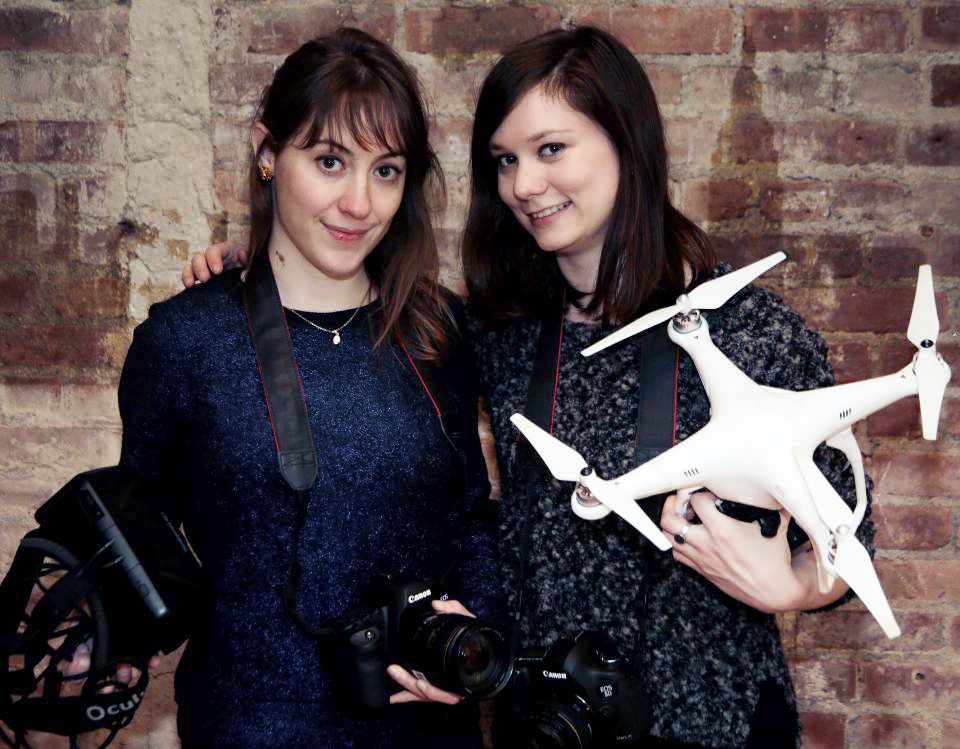In the past few years we’ve seen the barriers to creating content come tumbling down. Today, even a cheap cellphone will come equipped with a pretty serious camera, some basic editing function and the ability to connect to the internet, and with it YouTube, Instagram, Twitter and Snapchat, where a large percentage of the population builds their own personal publications each day.
The consequences of this content revolution can be found not only in the role social media played in the political revolutions of the Middle East in the last few years, but even on an everyday basis of what influences our lives and how strongly we thirst for likes.
If Brooklyn startup KitSplit is successful, we could see similar changes in content move from the personal to the professional level. The Crown Heights company announced a $2.1 million funding round in February, with plans to make its gear-share platform better and bicoastal.
“We see KitSplit as part of the movement to not only modernize, but to democratize the world of content creation,” Lisbeth Kaufman said by phone last week to Technical.ly.
Kitsplit is an online marketplace where the owners of expensive video and sound equipment can rent out what they own by the day. The categories on KitSplit include: cameras, lenses, lighting, audio equipment, virtual reality, tripods and rigs. Professional-level video cameras in Brooklyn run from $150 to $1,000 a day, a quick search of the site shows. The price tag to buy those cameras new are $5,695 and $49,500, respectively.
“There can be a lot of barriers to entry to making a film or even a video,” said KitSplit’s other cofounder, Kristina Budelis. “Making it more affordable and gear rentals are such a key part of that.”
With its funding, the company plans to make a play in America’s other content-creation capital, Los Angeles. It will also focus on improving the experience of its customers.
“I think it’s something a lot of online tech companies face,” Kaufman said. “When we’re arranging a rental, we’re not sitting next to the customer or there in person, so we think a lot about how we can create a good experience, being available by phone, by chat, by email.”
The company might expand into other parts of the content universe in the future. Budelis explained that they’ve gotten requests and even some rogue posts on the platform for freelance crews and labor, which could be an avenue for growth. Another would be education. The company has a blog which publishes articles on best practices and tips and tricks in the industry, but a more comprehensive curriculum or collection of resources would be another way to bring down the barriers in the industry.
“Today, a lot of the access to resources are held in the hands of studios or large media companies,” Kaufman said.
Two of the most important stories of recent years have focused on content creation. In the ongoing sexual assault and harassment stories coming out of Hollywood, it’s clear to see the consequences of concentrated power and barriers to entry in the industry. And in the election of 2016 we saw the spread of disinformation and propaganda, in the form of digital content consumed online, including Russian trolls on Facebook and Alex Jones’ YouTube channel of demagoguery — none of which would have been possible in the same way before the revolution in publication of the last years. As we progress into the platform-shaped future, both are worth remembering.
Join the conversation!
Find news, events, jobs and people who share your interests on Technical.ly's open community Slack
